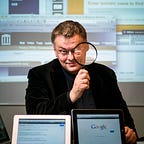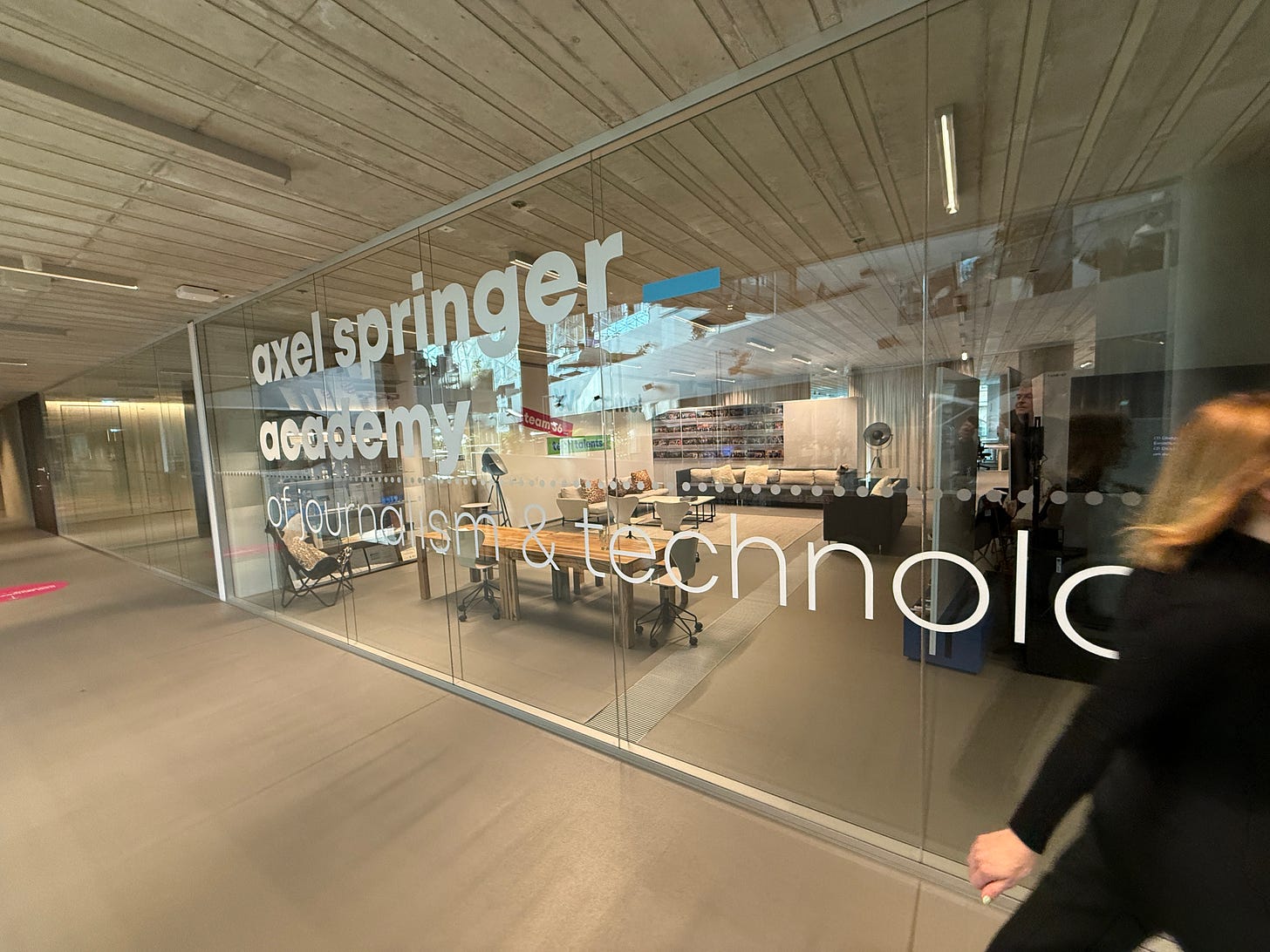Following two AI-generated episodes, I am delighted to announce that this one is entirely human-created - taped via my phone.
Join me and Chris Lunday from Business Insider for a 15-minute discussion on integrating AI with research, particularly in the field of open-source intelligence (OSINT). This conversation is ideal for individuals interested in conducting web research with large language models.
In this podcast, we hear from Lunday, a 29-year-old reporter from Berlin, how you can waltz with Google and AI to find the right answers to your research. Chris , like many of us, has been exploring the world of AI-assisted investigation.
Open Source Intelligence, or OSINT for those who love a good acronym, is all about finding publicly available information online. AI is making this process easier than ever before.
Chris and his fellow students from the Axel Springer Academy of journalism & technology in Berlin discovered that they could supercharge their Google searches in ways that would make even the most tech-savvy person jealous.
One of the most intriguing examples they tackled involved finding services in Germany that help people keep loved ones' ashes at home (which, surprisingly, isn't allowed there).
Using ChatGPT, they crafted the perfect Google search to find these underground urn-keepers. The secret? Focusing on WhatsApp numbers, because nothing says "totally legit business" like advertising your services via instant messaging.
But the real showstopper was a challenge to find a specific location based on a photo of a Tesla charging station near an Ulta Beauty store. It's like a nerdy version of "Where's Waldo?" but with electric cars and makeup.
Chris used ChatGPT to generate super-specific Google searches to find all the Tesla charging stations and Ulta Beauty stores in Phoenix. The AI wasn't perfect – it initially missed a few locations – but with some gentle prodding (read: relentless questioning), it eventually coughed up the correct information.
So, what do we learn from this conversation?
1. AI isn't replacing human smarts; but it can make our Google searches exponentially better.
2. Always question your AI. It's like dealing with a very knowledgeable toddler – impressive, but prone to making stuff up.
3. The future of problem-solving might involve less head-scratching and more chatbot-wrangling.
Now, if you'll excuse me, I need to go ask ChatGPT how to end this article with a witty one-liner.
As we waltz into AI-assisted sleuthing, remember: the key is in the delicate dance between human intuition and machine precision.













